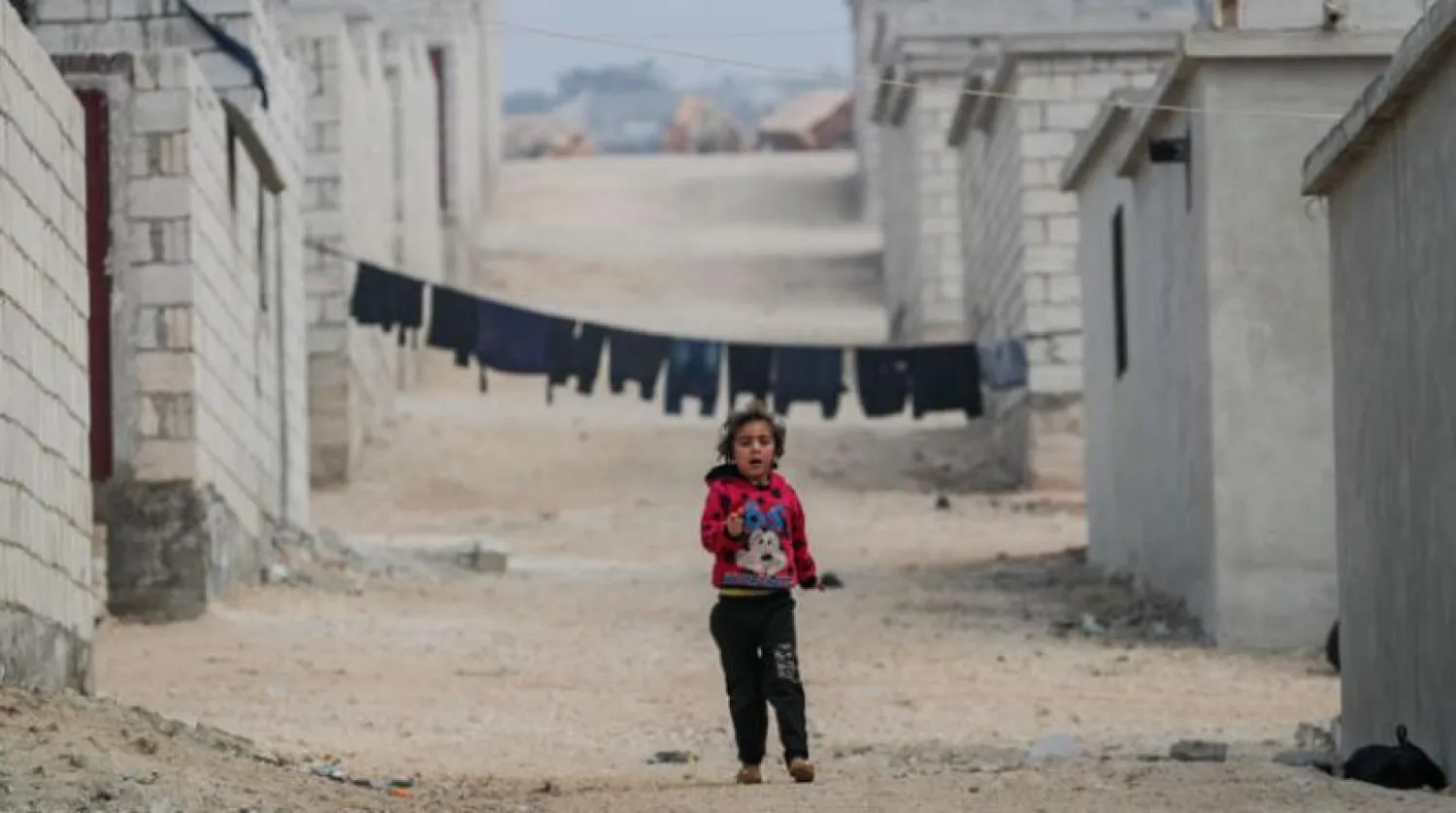Russian fighter jets conducted more than 560 strikes on different ISIS positions in Central Syria during November, the Syrian Observatory for Human Rights (SOHR) reported.
Since March 24, 2019, SOHR documented the killing of at least 1,597 regime soldiers and pro-regime forces, including at least three Russians, and 153 Iranian-backed militiamen.
All were killed in ISIS attacks, bombings and ambushes west of the Euphrates in the deserts of Deir Ezzor, al-Raqqah, Homs, al-Suwaidaa, Hama and Aleppo.
Also, Syria regime forces carried out 490 violations in the de-escalation zone in northwestern Syria during November, said Ahmed al-Omar, the official in charge of documenting the violations in Idlib.
The violations included bombardments (artillery and missile) and airstrikes by Russian fighter jets, which killed 16 civilians, including five children, and injured more than 40 others.
According to opposition-led monitor group and a follow-up unit, the regime forces launched intense artillery and missile shelling targeting several areas in the southern countryside of Idlib.
Three civilians who were seriously injured in the attacks were transferred to hospitals in northern Idlib.
Meanwhile, ISIS carried out an unexpected attack on three Syrian regime and Iranian military sites in the vicinity of Khanasir area, south of Aleppo, activists reported.
The terrorist group used machine guns and mortars, killing six soldiers and wounding several others.
The attack was followed by intense airstrikes carried out by Russian fighter jets, which extended from the Hama desert to the Al-Raqqa and Deir Ezzor deserts in eastern Syria, targeting ISIS-affiliated sites. At least 20 militants were killed and injured during the attacks, according to activists.









